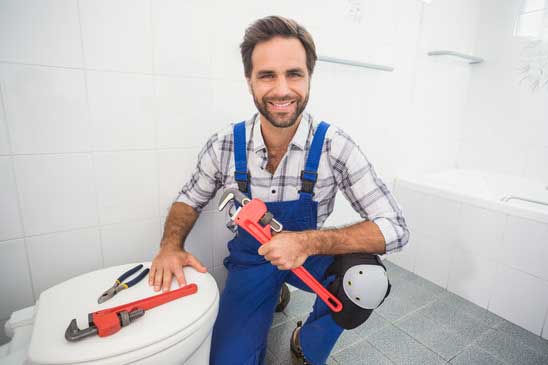When owning a home, at some point a professional plumber will need to be hired. Depending on the problem, a service call can be expensive. Of course, the main focus is on hiring someone with the right qualifications, but it is also important to find a plumber who offers reasonable rates.
Hourly Rate
One of the first things you should do is compare hourly rates. Please note that the most expensive plumber is not necessarily the best nor is the least expensive the worst. To determine the most affordable plumber, other things need to be considered.
For instance, if hiring a plumber who is one hour away as opposed to one just 10 minutes down the road, travel time would likely be part of the hourly rate. In addition, if the plumber has to leave to get parts, it would be important to know if that time is chargeable.
Track Record
Surprisingly, some companies that are promoted the most are actually among those with the worst track records. When looking for a good plumber, it is important to choose one with a solid reputation but to also ask for and check references. Qualified plumbers have no problem with providing references.
Multitasking
During an emergency, you may not have any option but to call a plumber for one specific problem. However, if a plumber is needed to perform maintenance or repair for nonemergency situations, it would be to your advantage to have multiple things checked during one service call.
Qualifications
Any plumber being considered should be licensed, bonded, and insured, providing you with a better sense of protection.
Homeowners’ Tips
Again, there are times when a licensed plumber is needed, but as a homeowner, several preventative steps can eliminate the need for a professional.
- An inexpensive trap can be installed in sinks and tubs to stop hair and other debris from becoming trapped.
- Certain things should never be placed down the garbage disposal. Learning the types of foods that are and are not acceptable is worthwhile.
- During the winter, pipes on exterior walls and those in unheated or low-heated areas of the home, such as a garage, are at risk of freezing. To prevent a pipe from freezing and then bursting, these pipes should be wrapped in special insulation.
